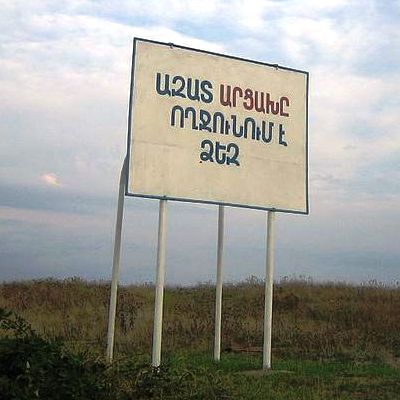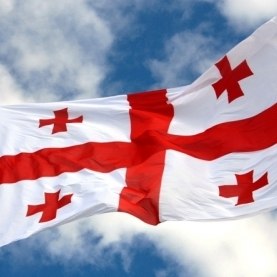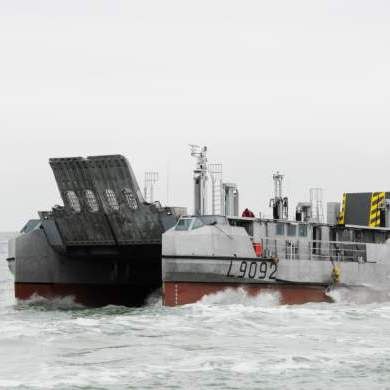While en route to an event in Germany, Edward Nalbandyan, foreign affairs minister of Armenia, should have anticipated a tough conversation ahead. That the German community of political experts is rather critical of Armenia was illustrated by DGAP analyst Stefan Meister, who, a few days prior to Nalbandyan’s visit, published a working paper in which he claimed that it is only because of Moscow’s support of Yerevan that Armenian troops maintain control of one fifth of Azerbaijan territory. In the meantime, Russia’s policy of arms sales to both Armenia and Azerbaijan reveals Moscow’s disinterest in solving the conflict between the two countries (Russia would lose its influence throughout the Caucasus if it was settled).
Yet it was exactly the cooperation with the Kremlin that Nalbandyan praised as the most important element of his country’s diplomacy. Quite predictably, he characterized the recent presidential election in Armenia as one of the best campaigns in the entire post-Soviet space (well, it could definitely have been worse). Then he turned to lambasting the “bad guys”—the Azeris who perpetually reject all benevolent proposals, and the Turks who intentionally torpedoed the declaration of reconciliation between Ankara and Yerevan. Yet Nalbandyan gave a very imprecise answer to the question of whether his government has any strategy for dealing with Armenia’s rivals and adversaries. After a long enumeration of countries that he personally visited recently, the foreign minister asserted that on Nagorno-Karabakh the position of Yerevan is allegedly in full line with the international community. This statement immediately provoked a stark rebuttal from the audience: “but your troops are there illegally.” (What else could Nalbandyan have expected in a country with no strong Armenian diaspora?)
Perhaps, the German experts at the seminar at the DGAP think tank in Berlin would have liked to hear a more balanced account of the situation in South Caucasus, but this can be hardly expected from a high-ranking governmental official. Nalbandyan vociferously lambasted Azerbaijan for launching an intimidation campaign against the writer Akram Ailisli who published an appeal to reconciliation and repentance. However, the Germans wanted to know what the reaction in Armenia would be should an Armenian author publish something similar. Of course, Nalbandyan assured everyone that this would be in full line with the Armenian traditions of tolerance.
Ultimately, Stefan Meister is right: Europe feels quite comfortable passing rhetorical judgments yet is evidently not ready to make resolution of the conflict a key part of its neighborhood policy. In the meantime, EU member states are directly affected by the political enmity between Baku and Yerevan: Hungary’s controversial decision to extradite the Azeri officer Safarov who was sentenced for having killed his Armenian NATO-studies colleague in Budapest led to predictably harsh reactions from Armenia. To the best of my knowledge, Brussels preferred to abstain from interfering even rhetorically. The question of whether the EU wishes—and can afford—to have a louder voice in the South Caucasus therefore remains open.
Andrey Makarychev is a Guest Professor at the Free University of Berlin, blogging for PONARS Eurasia on the Russia-EU neighborhood.











